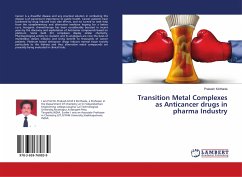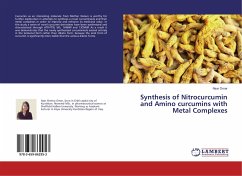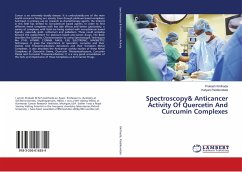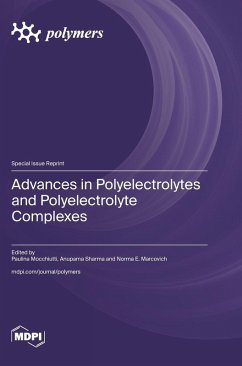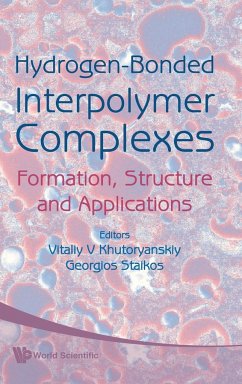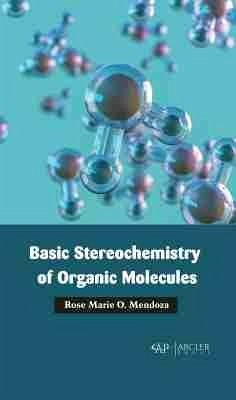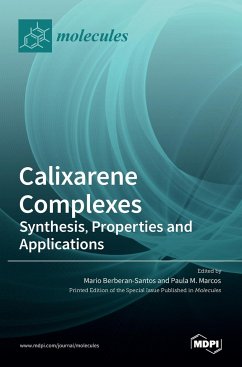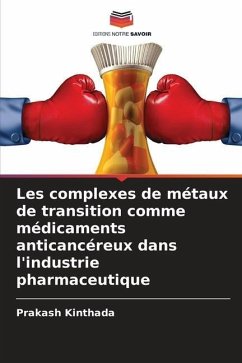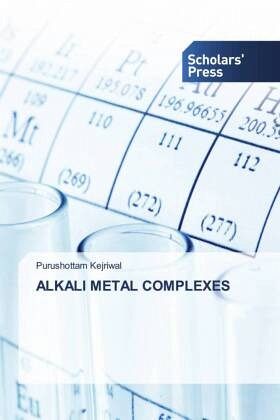
ALKALI METAL COMPLEXES
Versandkostenfrei!
Versandfertig in 6-10 Tagen
58,99 €
inkl. MwSt.

PAYBACK Punkte
29 °P sammeln!
The study of the co-ordination chemistry of alkali metals would be interesting and useful, as the subject received negligible attention and remained as such till recently. The reason for this may be the large ion size, Low ionisation potential and lack of any spectroscopic transition in alkali metals which suggest the bonding to be essentially ionic. A survey of the previous research in the field is given. We have taken up the study of the co-ordination chemistry of alkali metals because of (a) their importance in the metabolism of plants and (b) the problem of desalination of sea-water. Alkal...
The study of the co-ordination chemistry of alkali metals would be interesting and useful, as the subject received negligible attention and remained as such till recently. The reason for this may be the large ion size, Low ionisation potential and lack of any spectroscopic transition in alkali metals which suggest the bonding to be essentially ionic. A survey of the previous research in the field is given. We have taken up the study of the co-ordination chemistry of alkali metals because of (a) their importance in the metabolism of plants and (b) the problem of desalination of sea-water. Alkali metals are generally accepted as class A metals and so would be expected to complex, if at all, with hard legands, i.e., those containing oxygen and nitrogen as donor atoms. The programme involves investigating potential legands chosen to demonstrate the relative importance of size, electro negativity, electronic configuration and chelating ability in the formation of alkali metal complexes, with a view to understand more fully the stereochemistry of alkali metal complexes and their stability in aqueous and non-aqueous mediums.




